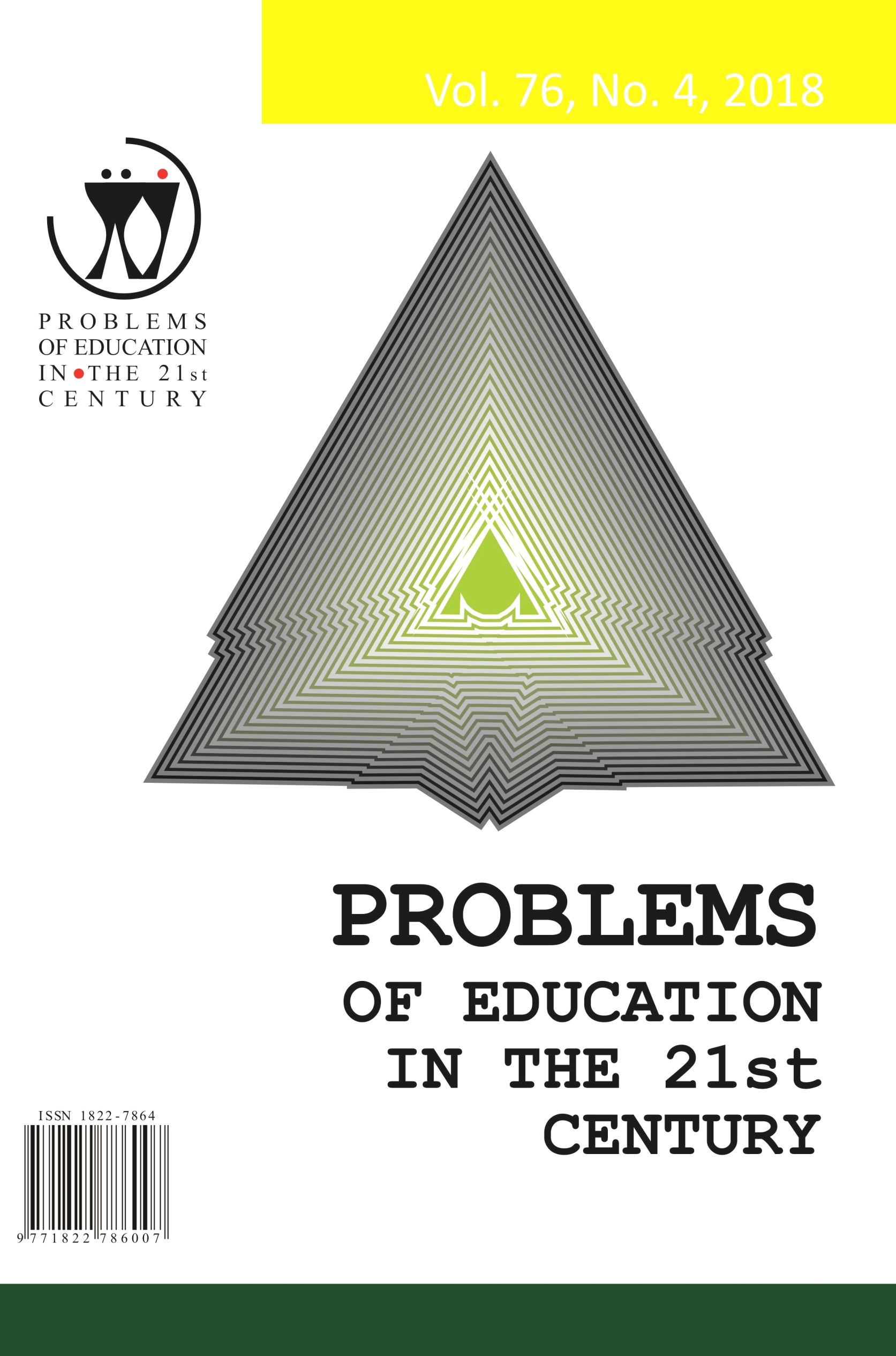TEACHERS IN THE IMPLEMENTATION OF PRACTICAL AGRICULTURE CURRICULUM IN KENYA’S ARID AND SEMI ARID SECONDARY SCHOOLS
TEACHERS IN THE IMPLEMENTATION OF PRACTICAL AGRICULTURE CURRICULUM IN KENYA’S ARID AND SEMI ARID SECONDARY SCHOOLS
Author(s): Miriam N. Kyule, Jacob J. J. O. Konyango, Agnes O. NkurumwaSubject(s): Education, Agriculture, School education
Published by: Scientia Socialis, UAB
Keywords: agriculture teachers; curriculum implementation; arid and semi arid lands; dry land;
Summary/Abstract: One of the major challenges of the 21st century is the increasing level of academic qualifications at the expense of relevance in education. School agriculture is one of the subjects which require teachers who as the principal implementers of the curriculum must be able to interpret agriculture curriculum objectives to meet societal needs. However, implementation of agriculture curriculum in Arid and Semi Arid Land (ASAL) secondary schools has fallen short of its expectations as it has not significantly influenced agricultural activities both in school and surrounding communities. Thus, the benefit of implementing agriculture curriculum in ASALs is yet to be fully achieved. The research sought to document the teacher factors influencing implementation of secondary school agriculture curriculum in ASAL schools in Kenya. The research focused on teacher training, teacher technical knowledge and skills about Dry Land Agriculture [DLA] practices and training and support. The research was carried out in ASAL counties of Baringo, Makueni and Narok. Survey research design was used. The researcher developed a semi-structured questionnaire to obtain data on the teacher factors from 88 agriculture teachers. The research results showed that most teachers were trained and professionally qualified thus expected to translate the curriculum objectives to learning activities relevant to ASALS. However, agriculture teachers were found to be deficient in terms of technical knowhow on DLA practices among them, insitu water harvesting and use of sunken beds. Agriculture teachers received insufficient support towards professional development. The support did not aim at DLA knowledge and skill enhancement towards agriculture curriculum implementation. Agriculture teachers’ inadequacy on DLA practices’ technical knowhow and lack of support towards professional development was impacting negatively on agriculture curriculum implementation in ASAL schools. The Government has a responsibility of ensuring that all ASAL schools are staffed with qualified teacher. Secondary school administrations in ASALs need to support teachers on continuous trainings that are relevant to agriculture curriculum implementation. Agriculture training program developers need to focus more on the acquisition of technical know on all DLA practices. Addressing the training inadequacies among agriculture teachers in ASAL schools will lead to a competent staff who can translate curriculum objectives into learning experiences that promote DLA in ASALs. This translation will in turn influence agricultural activities both in school and in the society for improved agricultural production.
Journal: Problems of Education in the 21st Century
- Issue Year: 76/2018
- Issue No: 4
- Page Range: 533-543
- Page Count: 11
- Language: English

